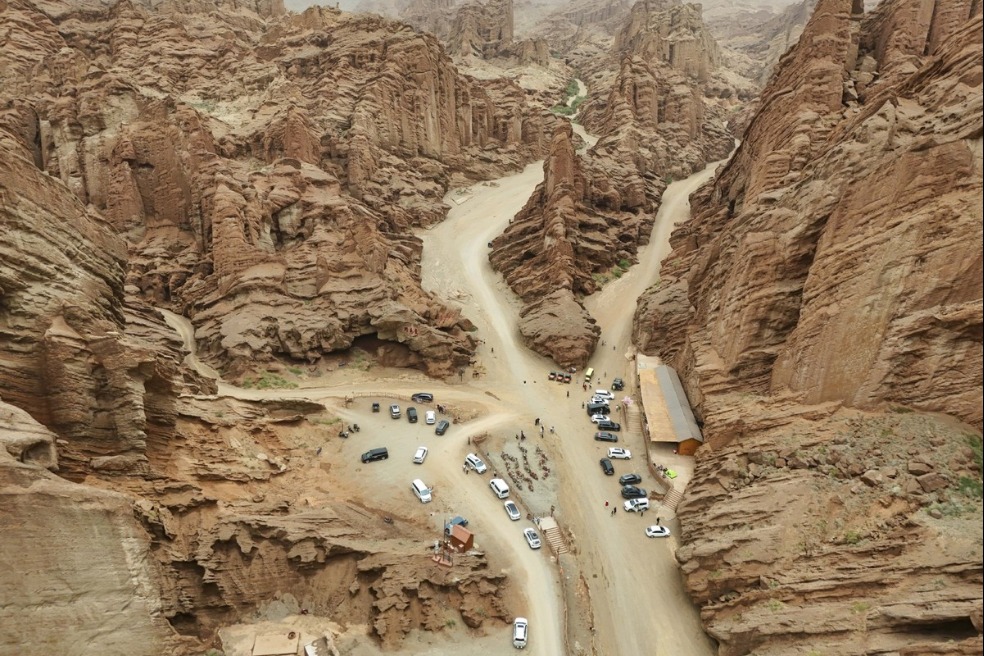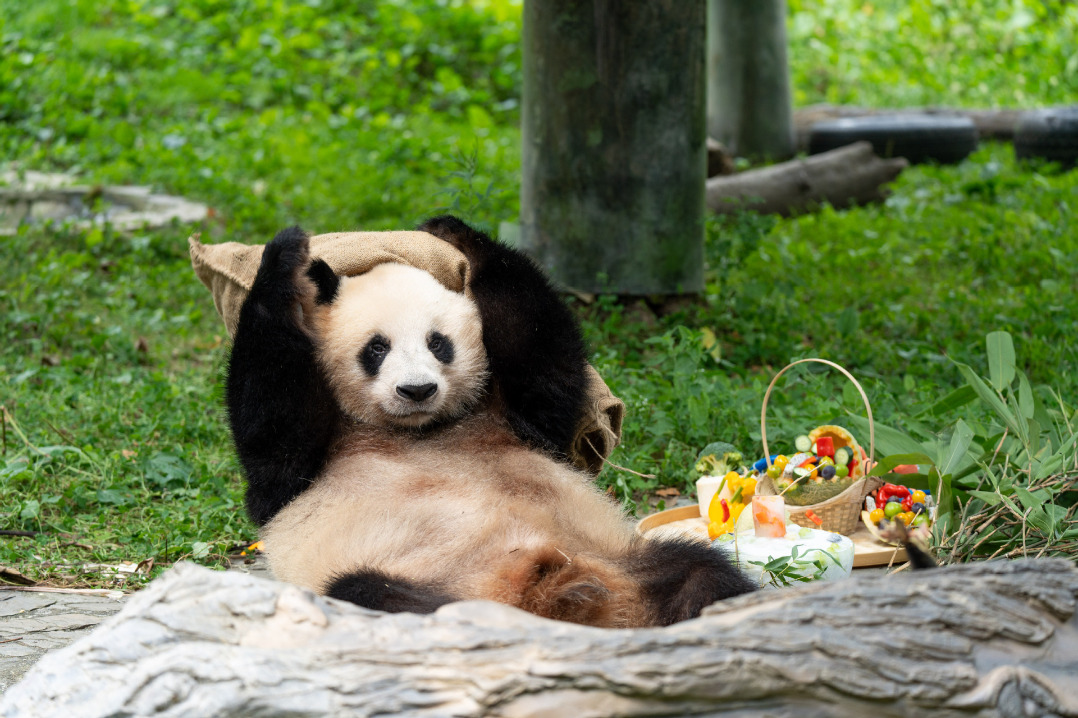Mt. Qomolangma glacier melting relatively slow: researcher


LHASA -- Global warming and the cross-border transport of air pollutants have accelerated the melting of glaciers in the Mt. Qomolangma region, but its retreat trend is relatively slow compared with other parts of the world, a Chinese scientist has said.
Decades of ground and remote-sensing monitoring found that glaciers on the north slope of Mt. Qomolangma, the world's highest peak, have shrunk by about 6.5 percent since 2000, and the annual loss of glacier material is about 0.3 meters of water equivalent, according to Kang Shichang, a glacier expert at the Northwest Institute of Eco-Environment and Resources under the Chinese Academy of Sciences.
"If you look at glaciers in the Arctic and Antarctica and mountain glaciers around the world, their rate of loss is very rapid. In particular, glaciers in Alaska have lost one meter of water equivalent per year over the past 20 years," said Kang, who has made several trips to the Arctic and Antarctic regions to investigate ice sheet changes and glacier material loss.
The main reason for the retreat of glaciers and ice towers in the Mt. Qomolangma region is that carbon dioxide, methane, nitrous oxide and other greenhouse gases emitted by human activities stay in the atmosphere for a long time, resulting in global warming.
"According to the records of ice cores drilled by Chinese scientists in the Mt. Qomolangma region, the amount of heavy metals and persistent organic pollutants from human sources in the atmosphere in the region has been increasing since the Industrial Revolution," Kang said. The research findings have been published.
Ice and snow samples and ice cores from the Mt. Qomolangma region show that the transboundary transport of air pollutants, especially light-absorbing black carbon aerosol, can reduce the surface albedo of snow and ice and promote the melting of the cryosphere after settling in glaciers and snow, said Kang.
He added that heavy metals and persistent organic pollutants stored in the cryosphere can be released with the melting of the cryosphere, which has a potential impact on the regional ecological environment.
"The protection of glaciers is urgent. The introduction of the newly-adopted law on ecological conservation on the Qinghai-Tibet Plateau will help us better protect the glaciers and frozen soil in the area," Kang said.
- Third rare earth mineral found in Bayan Obo deposit
- Tracing Flying Tigers' historical sites in mountainous China
- Senior official urged public security system to contribute more in new development pattern
- Guangdong prepares as Typhoon Wipha approaches
- China-Laos Railway doubles daily cross-border passenger services
- China's top political advisors discuss macroeconomic performance in H1





































